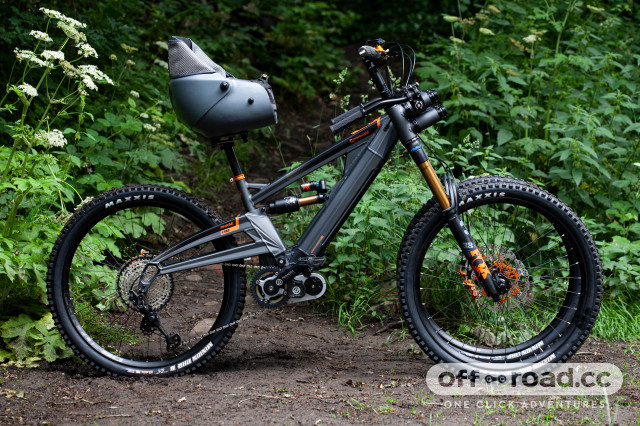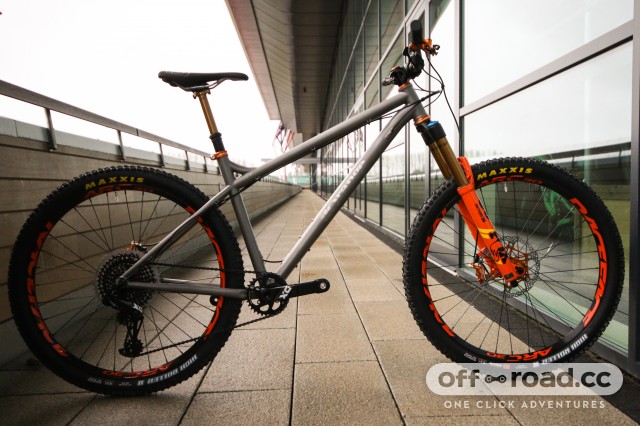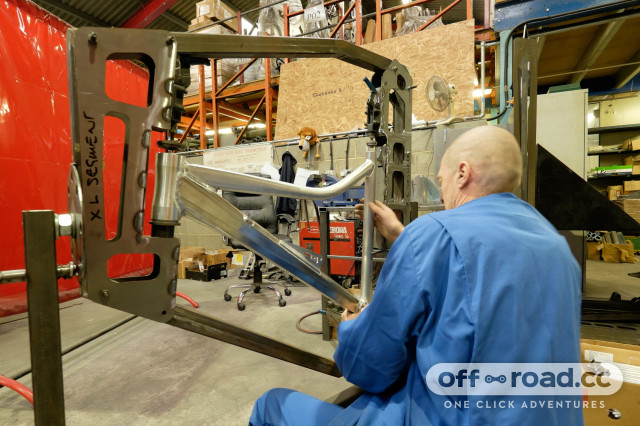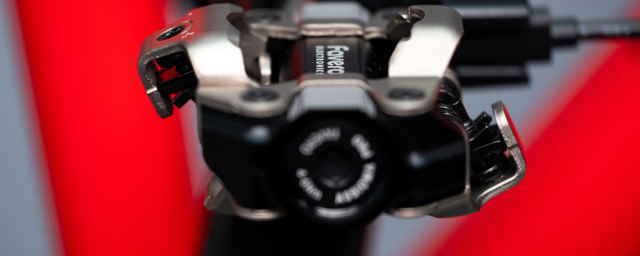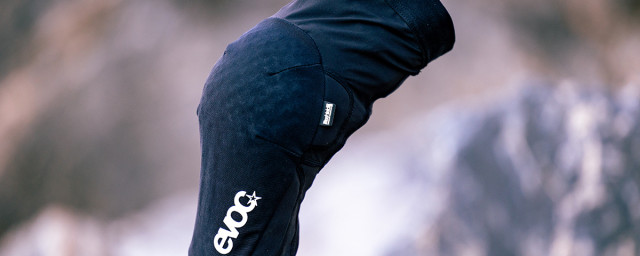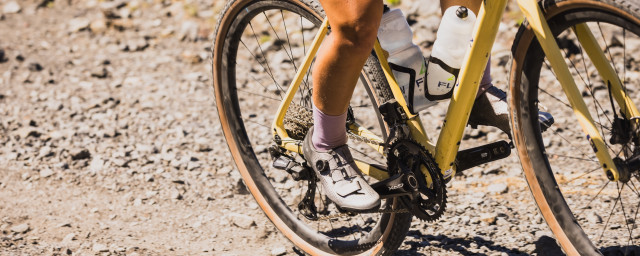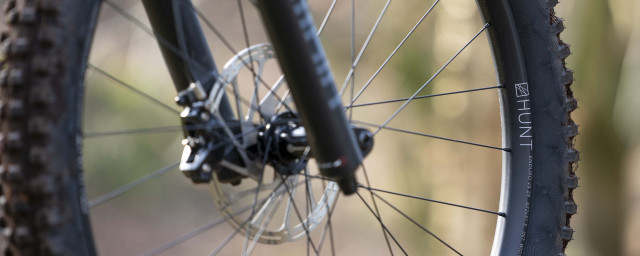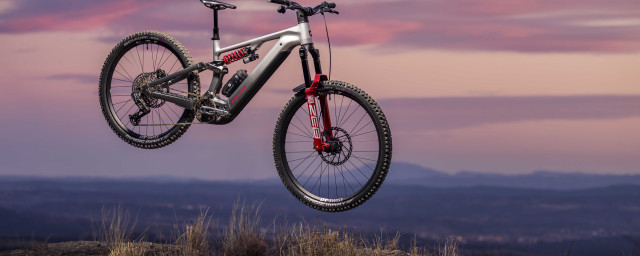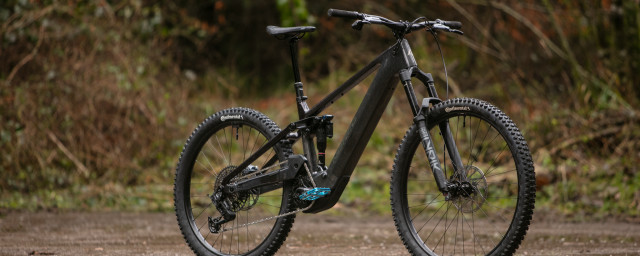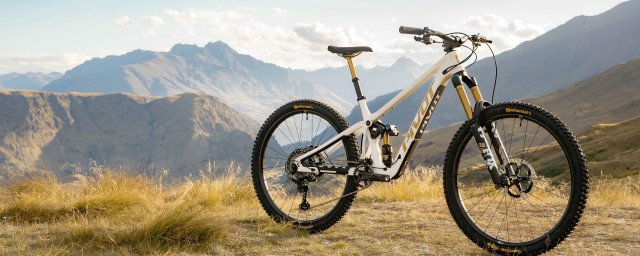Orange Bikes rides on following new streamlined business model
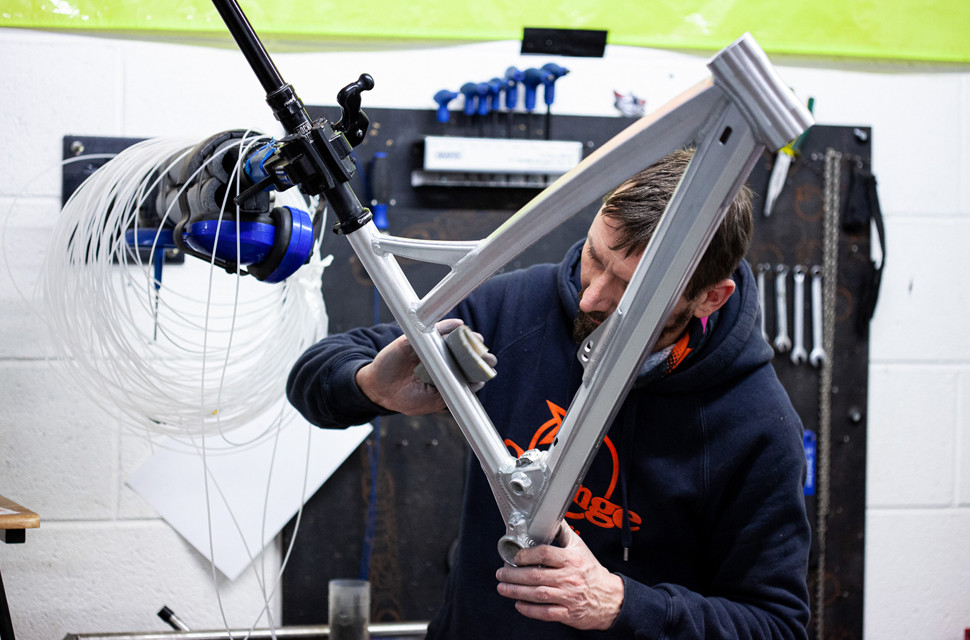
Shortly after numerous cycling media outlets announced that Orange Bikes was being put up for sale under the instruction of the appointed administrators and that it was unable to trade any longer, we received a press release stating that Orange would continue to operate, which was detailed on the company's social media feeds and website.
- Orange Bikes - the story of Britain’s most iconic bike brand
- Mountain bike Icons - the greatest riders of all time
- MTB enduro racing for beginners - how to prepare for your first race
[Words and photography by Steve Thomas]
This was the most welcomed news for long-time Orange fans around the world. Orange is seemingly going nowhere for now, although that’s not strictly true – they are moving two miles up the road to new premises. Here the Orange bike-making business will be consolidated under one roof along with its older sister company and frame maker Bairstow Sheet Metal, who we understand were in a very similar financial predicament to Orange.
There’s a whole lot of speculation and rumour milling around as to what has and what is going on, and that is precisely what most of it is – speculation. Whatever the scenario, most of us are extremely pleased to see one of Britain’s longest-established and most loved mountain bike brands continue making and selling its much-prized machines, as opposed to being sold off as many other classic brands have.
The press release and an analysis of it were published on road.cc and elsewhere over the weekend, and it clearly states that the majority of the jobs with Orange and Bairstow have been saved and that both companies would continue as one under the same ownership as previously, that being of Ash Ball, who took over Orange from his uncle and co-founder of Orange Steve Wade and Lester Noble in 2015. Ash had been involved in the brand for many years through the family metalwork business – Bairstow, and he was the logical successor to the founders when they stepped aside.
We have been in touch with Orange but are also very aware that these situations are often tricky to handle for various legal and confidentiality reasons surrounding those parties involved. We don’t know the fine details yet (and may never know), so it’s pure speculation as to whether both Orange and Bairstow were put up for sale and soon sold under agreement back to the original owner, or whether they’ve been granted a new lease of financial life, as both such situations have happened, and still do happen within the bike and other industries. Neither do we know what the case is for creditors of either brand.
Given the potential scenarios, it seems like the most favourable outcome for all concerned, as Ash Ball said, "Restructuring the businesses was never going to be an easy process, but the decision to do so has preserved the livelihoods of the people at the heart of the organisation, streamlined our operations and ensured the continued strength of the Orange Bikes brand and its products.”.
Right now, much of the bike industry is in a varying level of financial strife, apart from a few of the major brands. For the UK brands, this is perhaps a little more so due to our recent political changes, although the biggest impact undoubtedly came from the pandemic and its ongoing aftermath, which hurt us all – especially those who relied on supply chains from the Far East.
Although it has not been confirmed by Orange directly, we do know that many smaller-medium sized brands out there, brands whose bread-and-butter bikes and the parts for their home-built and higher-end bikes which came from Asia, were hit very hard by the supply chain issues, which are still concerning due to the on-going shipping channel woes in the Middle East.
Because of this, many smaller brands went for almost a year without a bike delivery from their suppliers, often these orders were paid or partly paid for in advance, and were deliveries that would, in some cases show up after the fact, thus leaving brands with lots of bikes to sell, and few punters and less cash about.
With Orange, many pundits also point to the fact that they had a range of 33 very varied bikes, which is a heck of a lot for a small brand, and which means that holding a huge inventory is required.
We asked Orange if this would change going ahead. “As for the range size, plans were already in place to reduce the number of bikes we offer to better match market demand and this is still the case. Our current inventory situation is manageable and leaves us in a good position as we head towards spring.”
From day one, Orange has made its high-end bikes in the Halifax facility but has also used the economic logic of producing its lower and mid-range bikes in Taiwan and the company sees this still very much being the case going ahead.
“We’ll still utilise the benefits of being able to produce domestically and abroad. Manufacturing in the UK is an integral part of the business and the brand, and we plan on continuing.”
Hopefully, we will see those quintessentially British and yet exotic Orange Bikes shredding the trails ahead for years to come. However the recovery has been figured out, I for one am sure glad to see the brand continue and stay true to its northern soul, it’s a great line of hope for the British bike industry.
